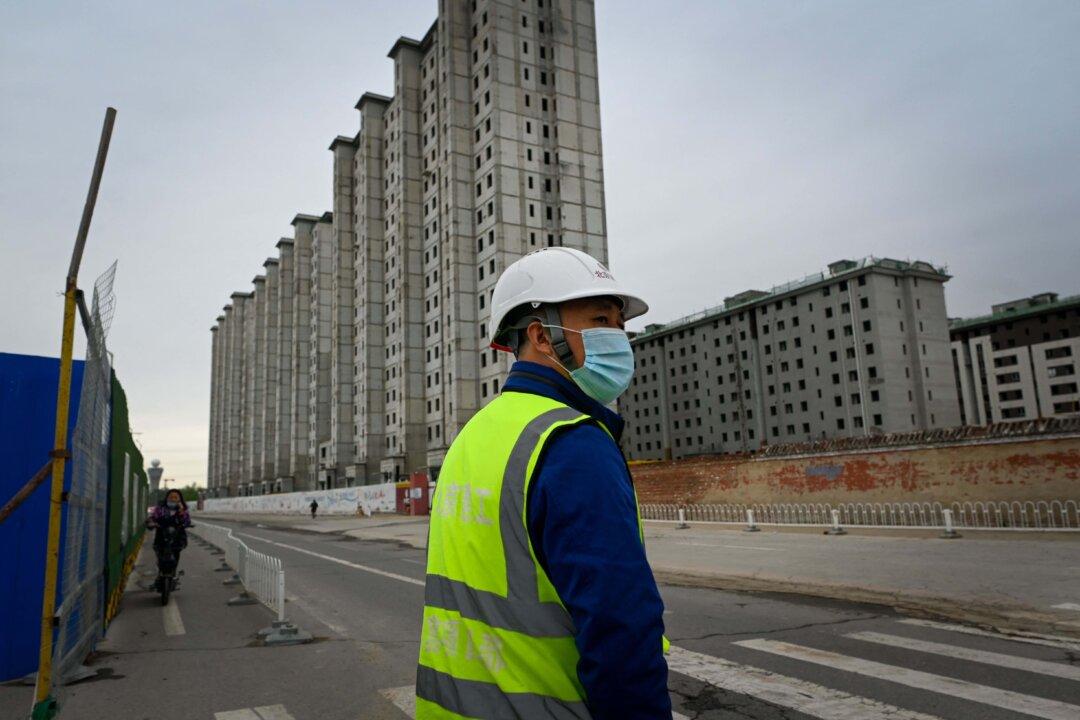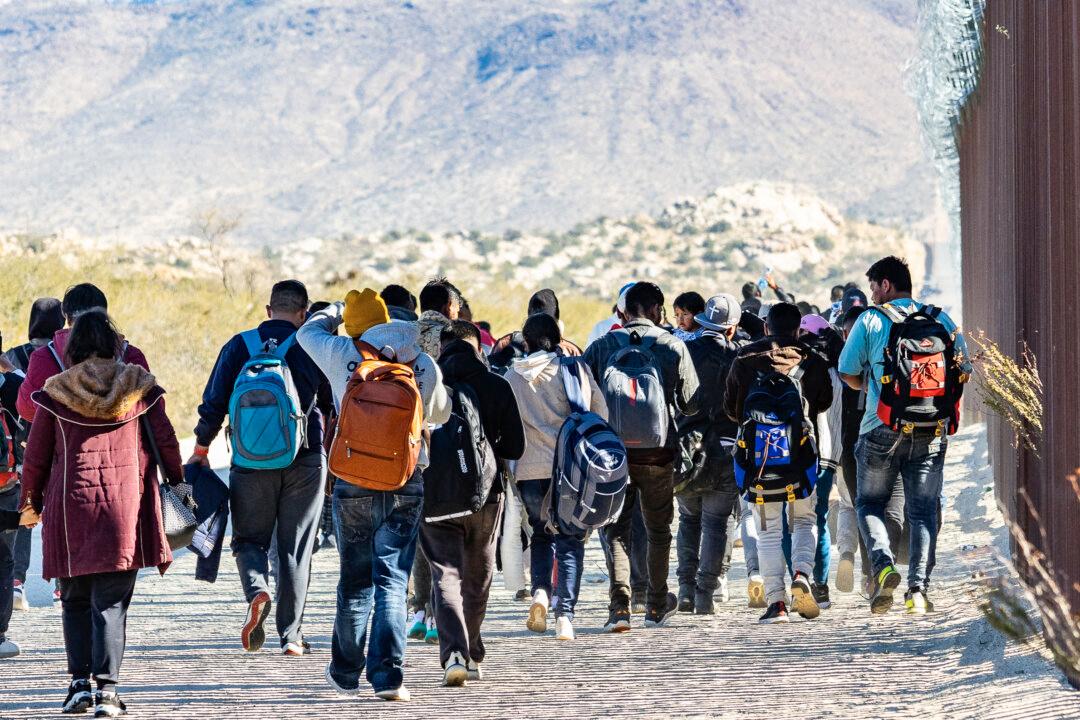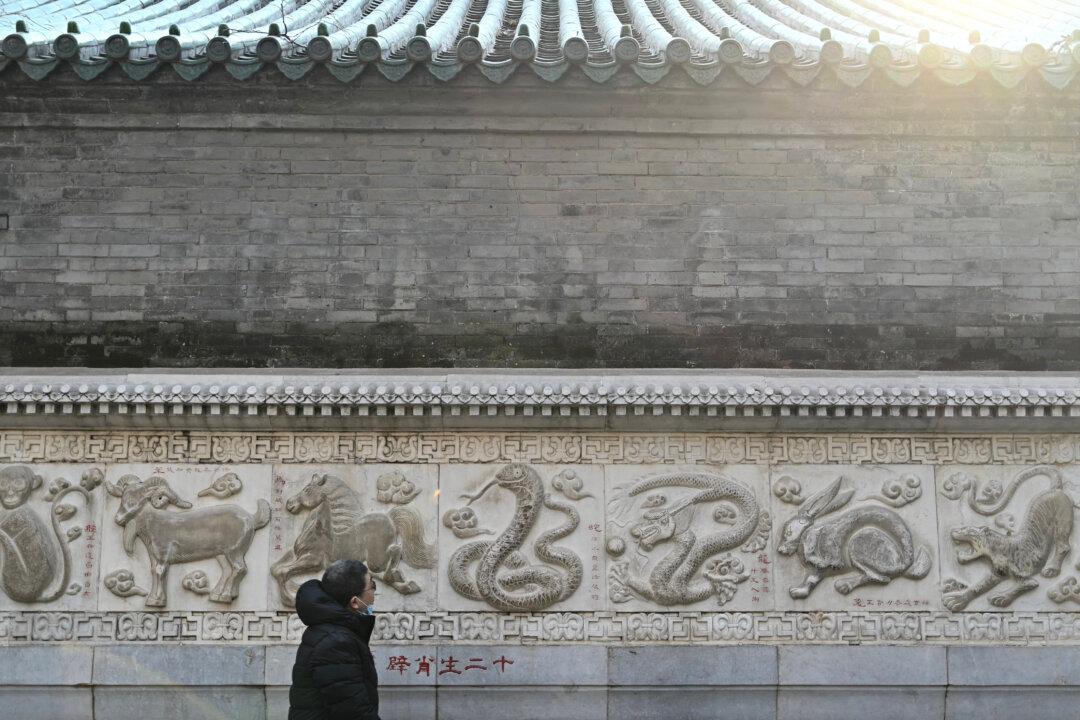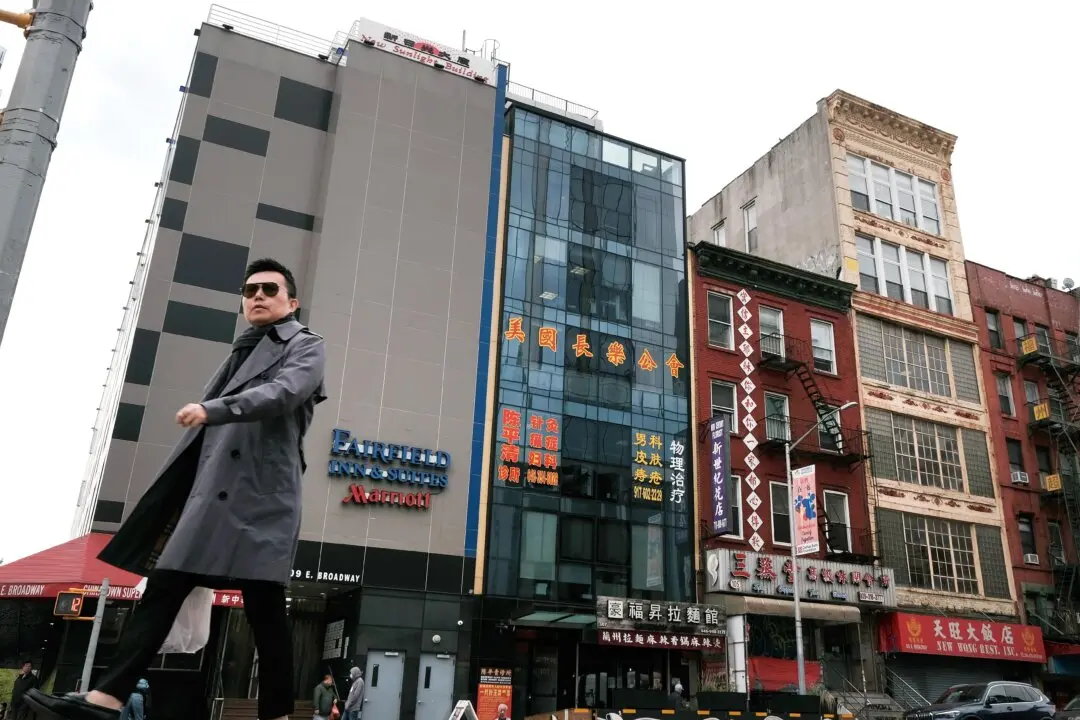Commentary
Chinese leader Xi Jinping is a communist, not an economist, who proves it almost daily. His top priority is the political security of his communist regime, with every other consideration, including the impact of his Mao-like national security regime on the Chinese economy, a distant second.





